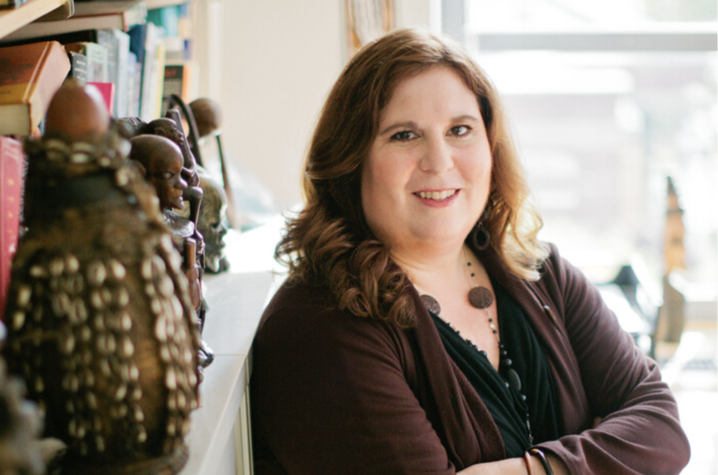Genetics researcher to deliver UK’s Thomas Hunt Morgan Lectures

Sarah Tishkoff, the David and Lyn Silfen University Professor in Genetics and Biology at the University of Pennsylvania, will deliver the annual Thomas Hunt Morgan Lectures at the University of Kentucky this week.
The first lecture, “African Integrative Genomics: Implications for Health and Disease,” will be 3:30 p.m. Thursday, Oct. 5, in Room 116 at the Thomas Hunt Morgan Biological Sciences Building on the UK campus. The second, “Human Evolution and Adaptation in Africa,” will be 11 a.m. Friday, Oct. 6, in the William T. Young Library Auditorium. The events are free and open to the public.
In addition, a reception for alumni will be from 6-9 p.m. Friday, Oct. 6, at the Thomas Hunt Morgan House, 210 N. Broadway in Lexington. Alumni and UK Department of Biology community members must RSVP to biology@uky.edu. The events are sponsored by the Department of Biology’s Gertrude Flora Ribble Fund and the College of Arts and Sciences.
Tishkoff holds appointments in the University of Pennsylvania’s School of Medicine and the School of Arts and Sciences. She is also the director of the Penn Center for Global Genomics and Health Equity. She studies genomic and phenotypic variation in ethnically diverse Africans. Her research combines field work, laboratory research and computational methods to examine African population history and how genetic variation can affect a wide range of traits.
Tishkoff belongs to the National Academy of Sciences and is a recipient of an National Institutes of Health (NIH) Pioneer Award, a David and Lucile Packard Career Award, a Burroughs/Wellcome Fund Career Award, an ASHG Curt Stern award and a Penn Integrates Knowledge endowed chair.
Her research is supported by grants from the NIH, the National Science Foundation, the Chan Zuckerberg Institute and the American Diabetes Association.
The Thomas Hunt Morgan Lecture Series is the leading lecture hosted by the Department of Biology each year. Thomas Hunt Morgan, an alumnus of UK, rose to prominence as a renowned geneticist. Known as the Father of Modern Genetics, Morgan won the Nobel Prize in Physiology or Medicine in 1933 for discoveries related to the role chromosomes play in heredity.
Credits
Richard LeComte (College of Arts & Sciences)

